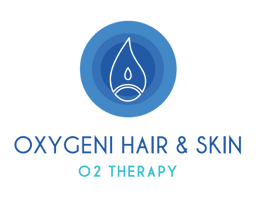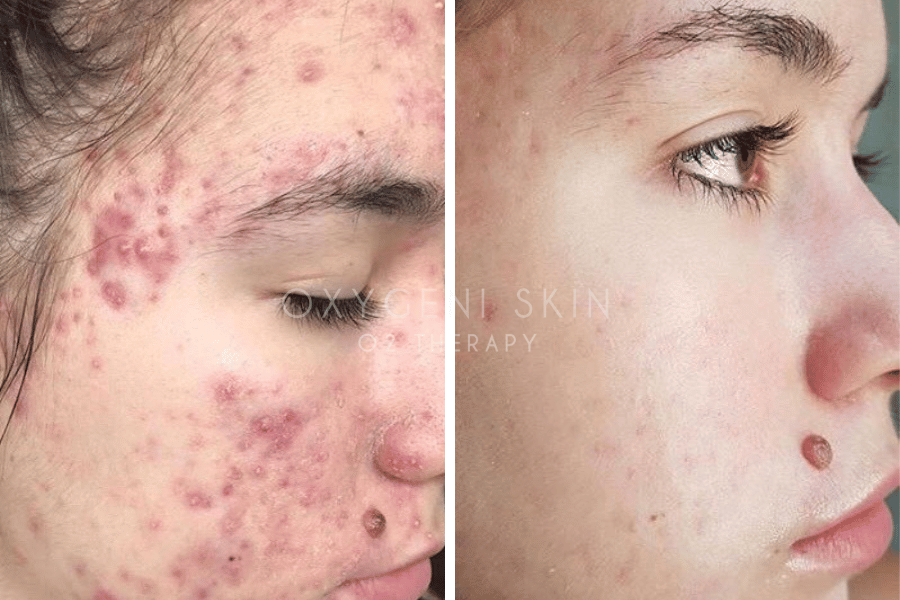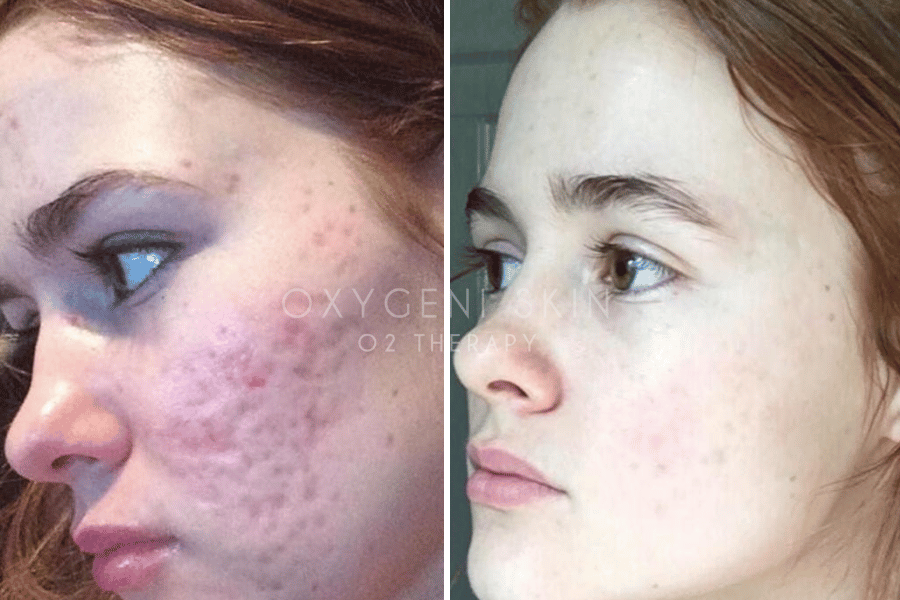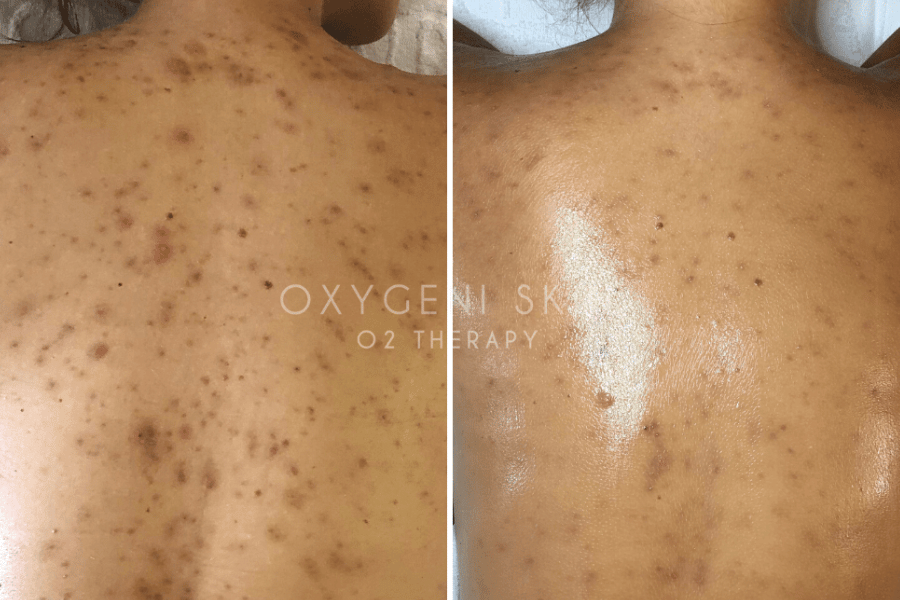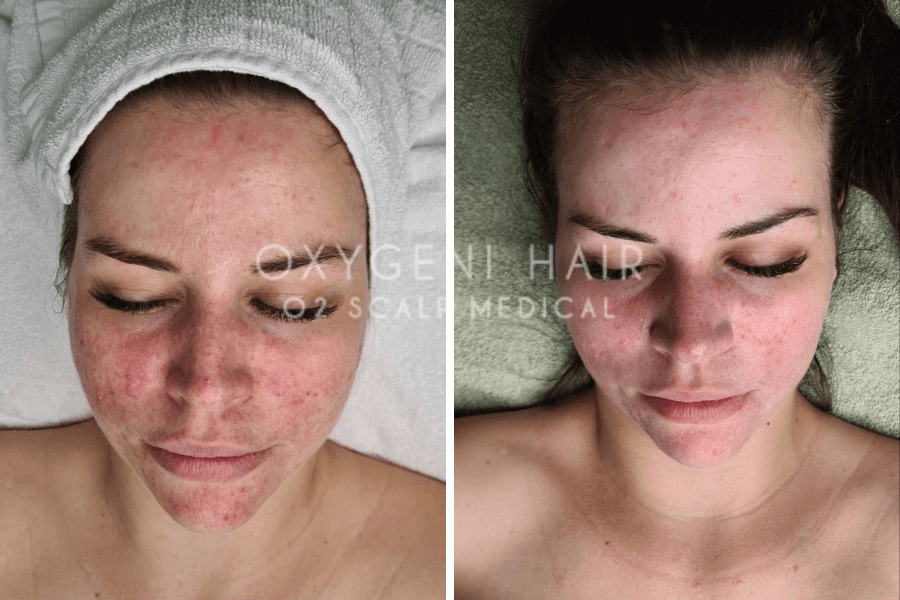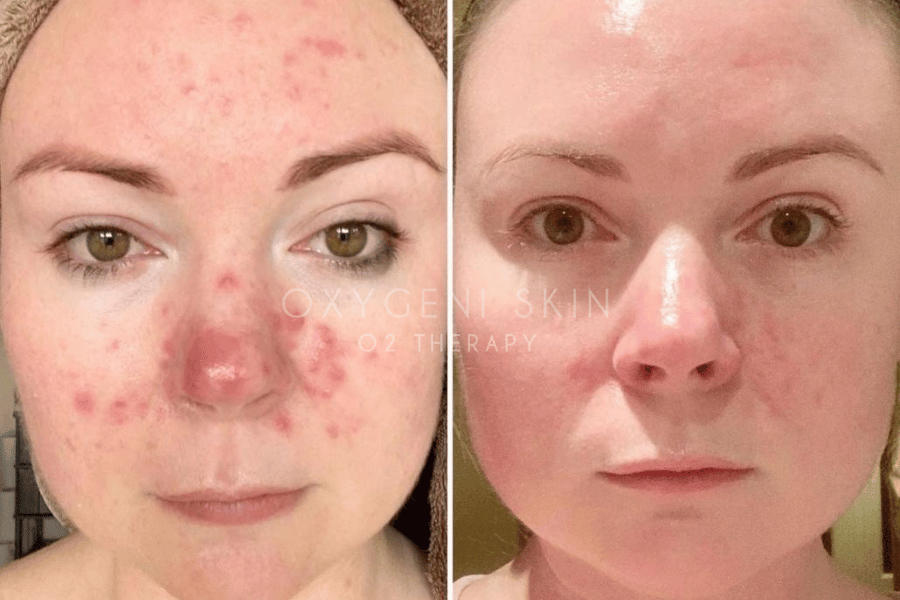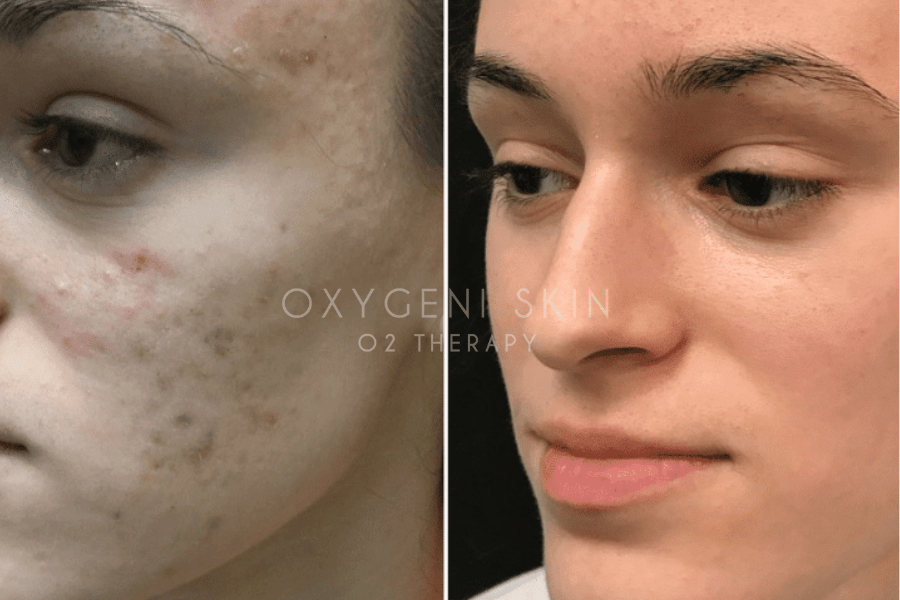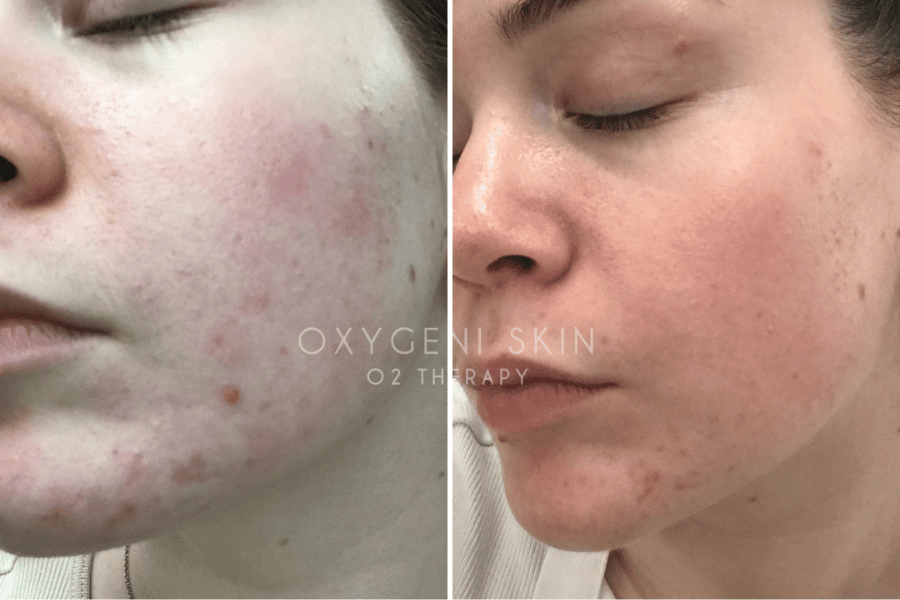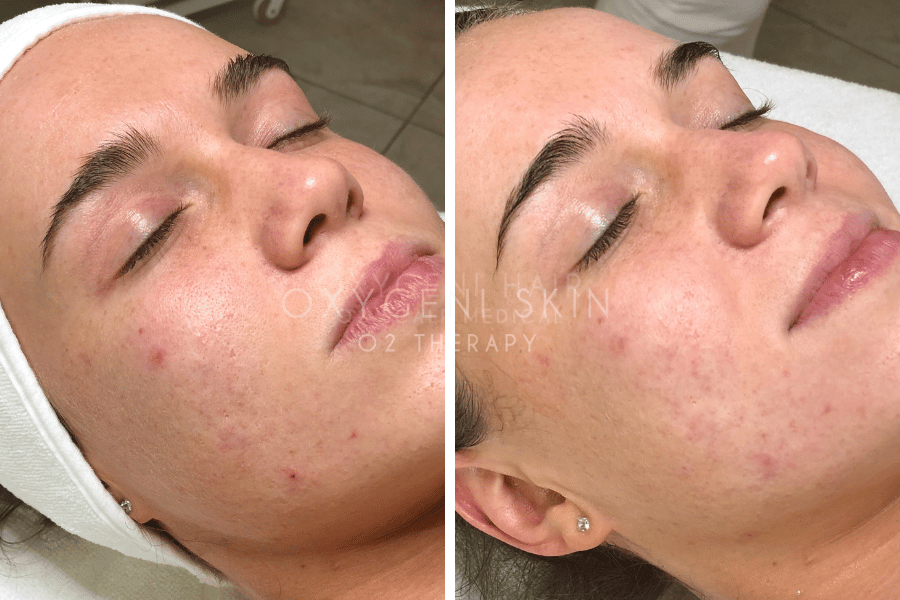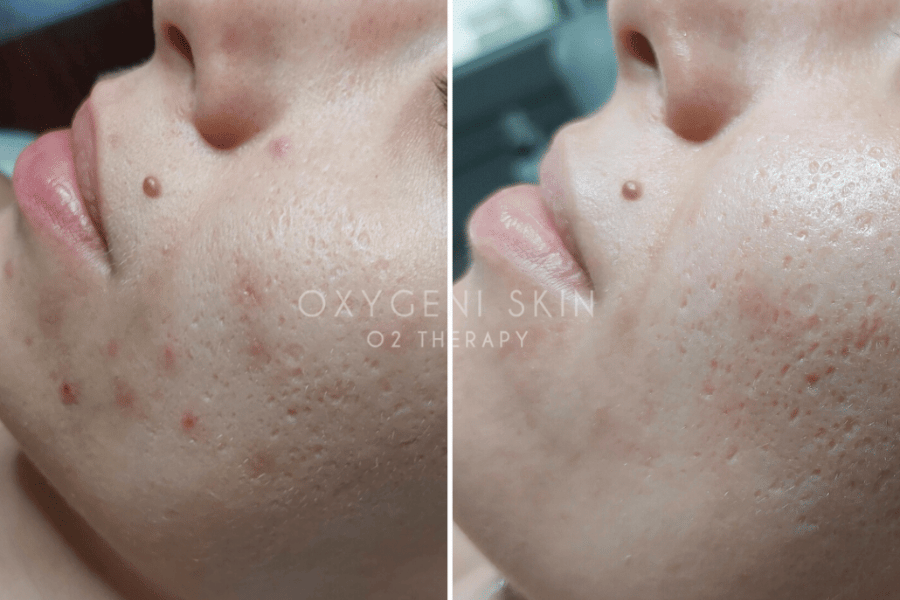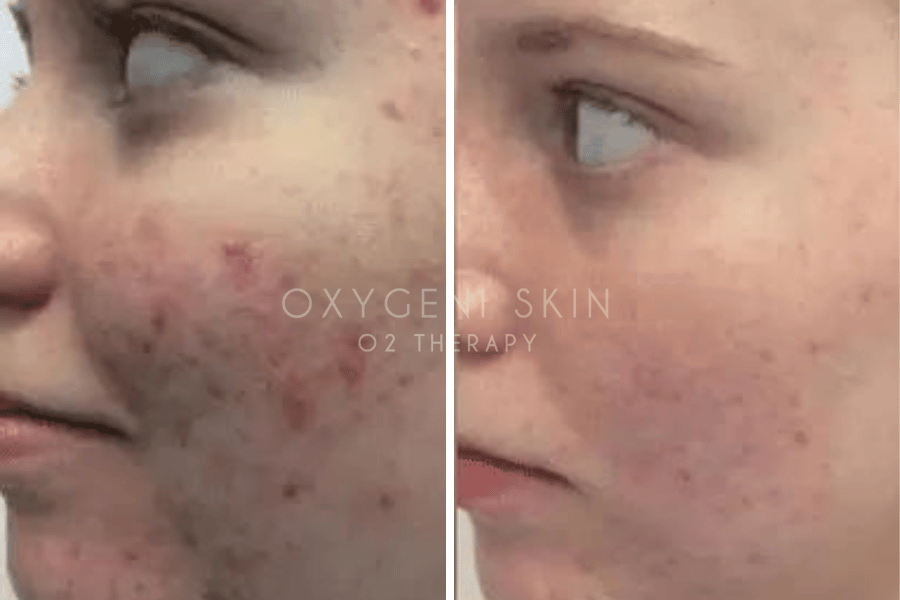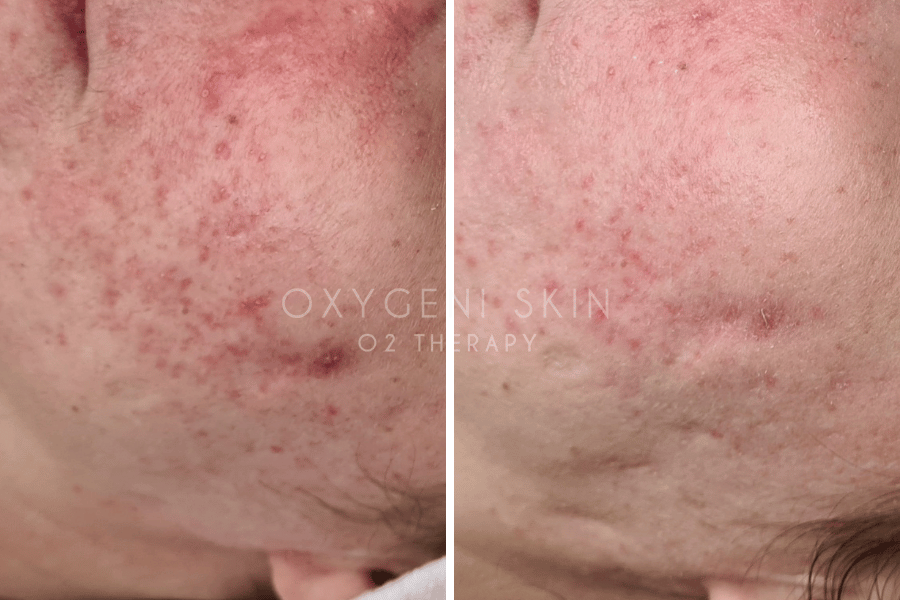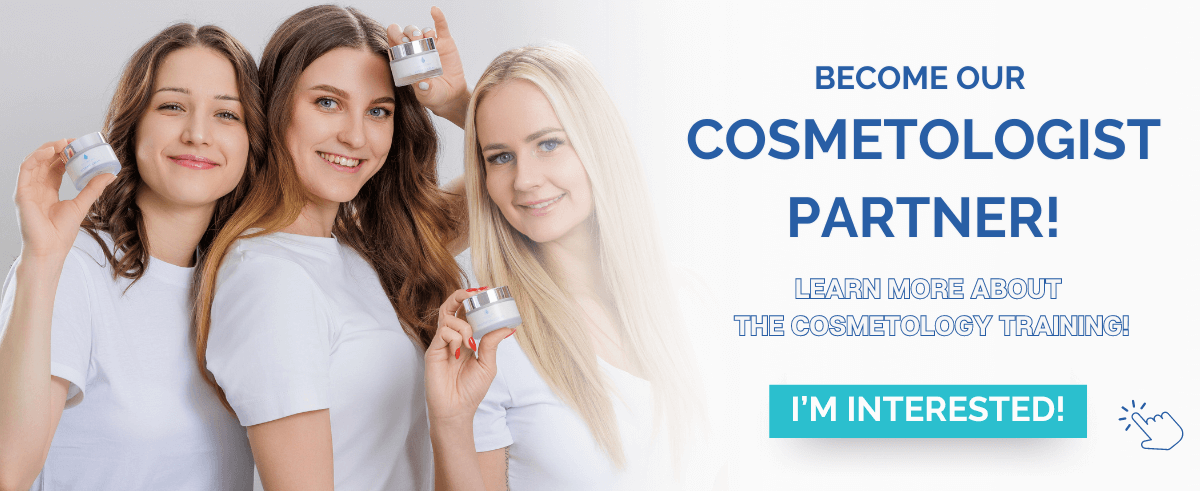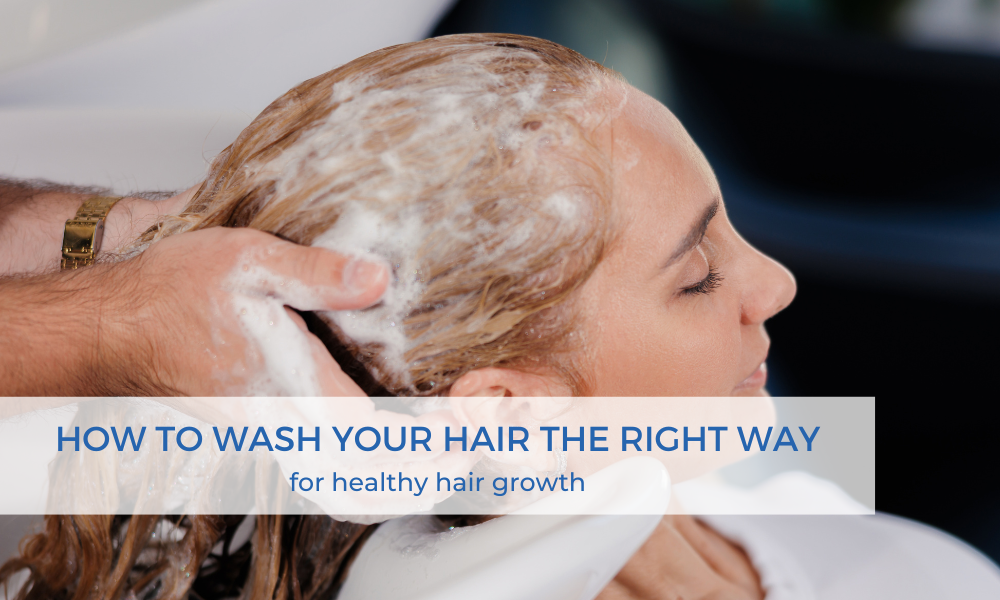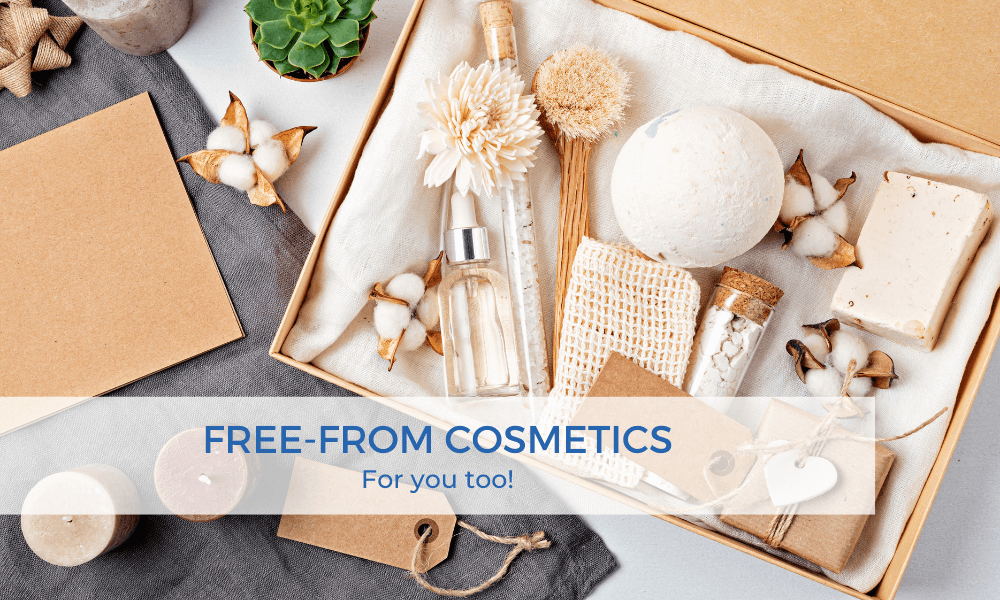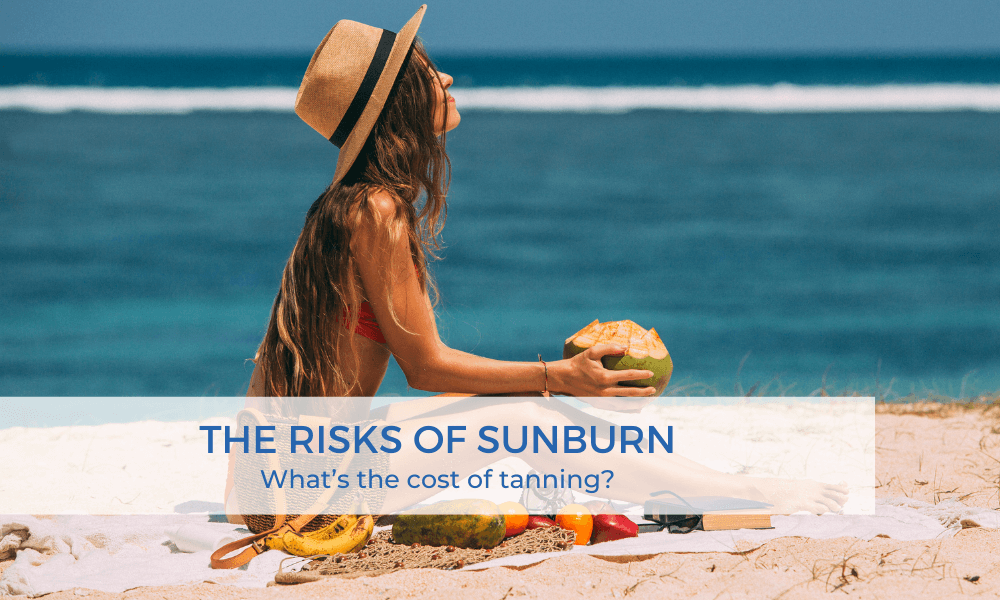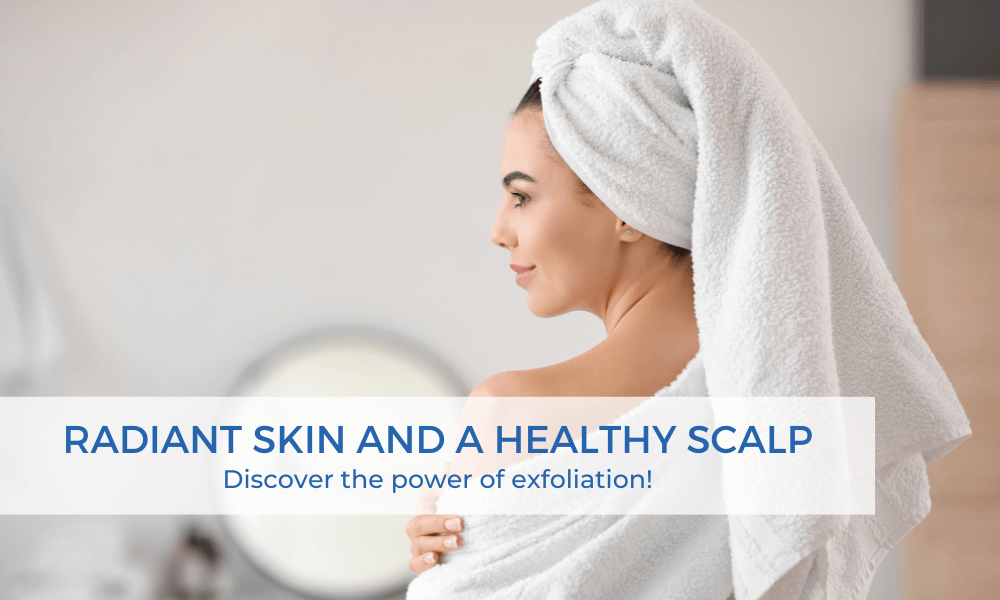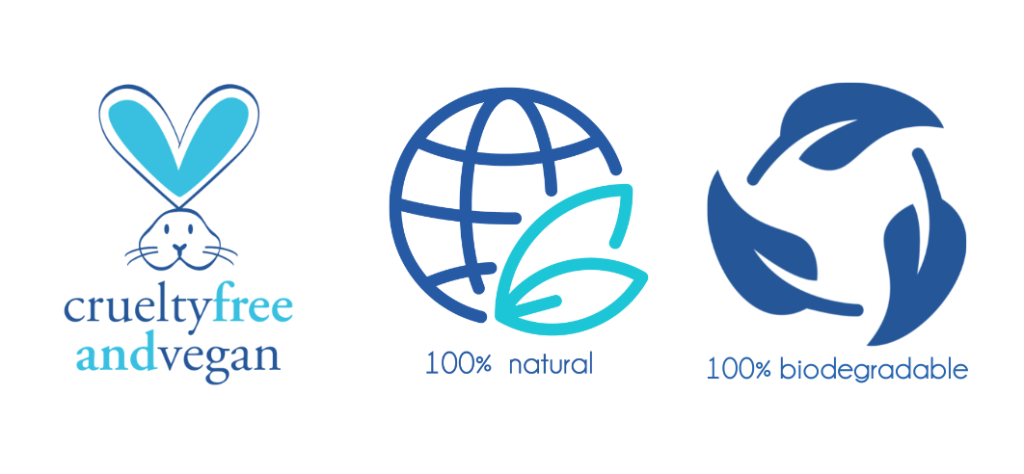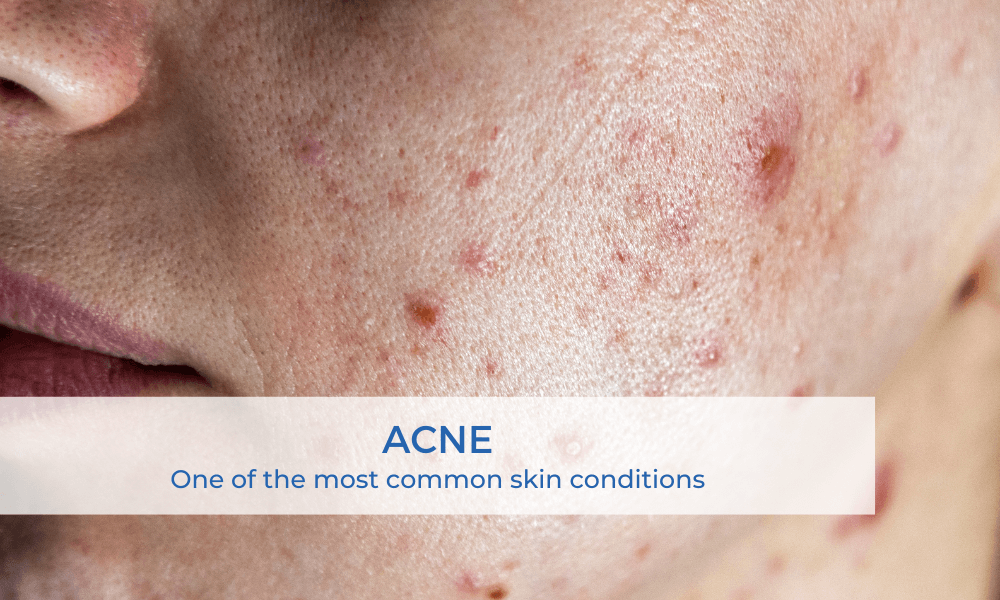
ACNE – ONE OF THE MOST COMMON SKIN CONDITIONS
During adolescence, about 85-90% of young people struggle with pimples. This period typically brings numerous physical changes, and most acne is caused by changes in hormone levels. For many, acne decreases by the end of puberty, but unfortunately, skin problems persist for some. Sadly, many continue to deal with pimples in adulthood, causing significant stress and emotional issues.
The Development of Acne
Acne forms when pores in the skin become clogged, leading to the appearance of pimples on the skin. These inflamed acne spots most commonly appear on the face, back, or chest (or anywhere the skin is oilier). When the body produces excessive sebum, people are more prone to developing pimples.
The process of pimple formation can be divided into three stages: first, the pores become clogged, and if the clog is open, it oxidizes and turns black, resulting in blackheads. Then, this oily layer on the skin provides a favorable environment for bacteria, leading to bacterial growth. The immune system responds with inflammation, often resulting in pus-filled, inflamed lesions.
The causes of acne can be hormonal, bacterial, or stem from internal inflammation, stress, emotional factors, allergies, or an unhealthy diet. Certain medications may also cause pimples as a side effect, and hygiene problems, unsuitable cosmetic products, or poor skincare routines can contribute to their development.
More and more studies suggest that sugar consumption can cause pimples. The link between sugar intake and acne has been scientifically proven: people who suffer from acne symptoms are more likely to have difficulty processing sugar properly. Sugar (or glucose) is transferred from the blood to the cells with the help of a hormone called insulin, where it is then converted into energy. In individuals with diabetes, the body either doesn’t produce glucose or doesn’t respond to it properly. Scientists suggest that acne can be considered the “diabetes of the skin.” In other words, people prone to acne often struggle with efficiently delivering sugar to their cells.
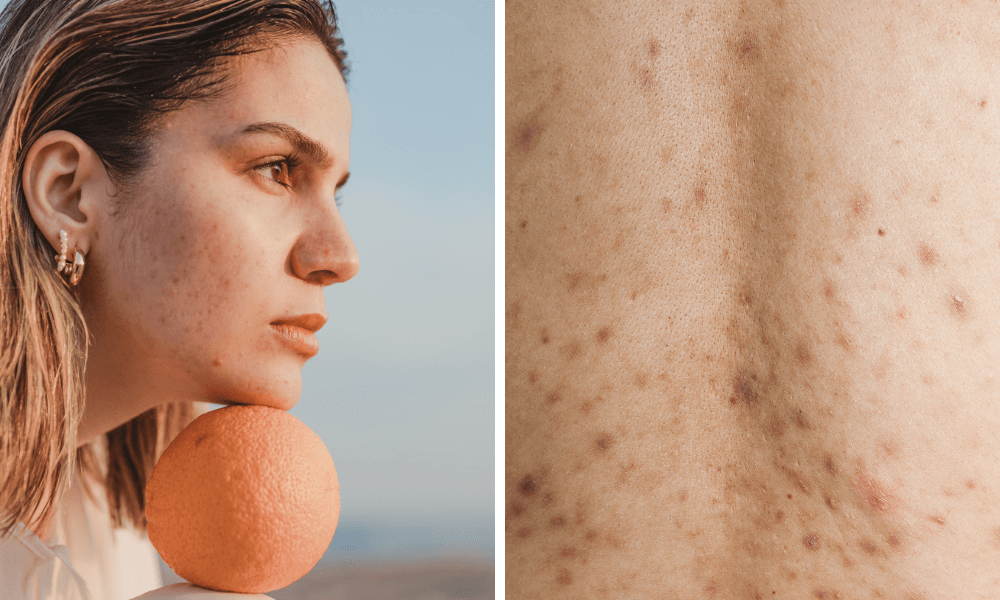
A common occurrence is the appearance of numerous pimples on the face after discontinuing birth control pills. Many people start taking these medications to get rid of acne, but they don’t anticipate that after stopping birth control, their skin will revert to the same condition as before. The use of many hormone-based medications can disrupt the hormonal balance, causing symptoms to be much more severe and intense than expected, with more inflammation and acne appearing on the face and body. Pimples may even appear if you had no prior issues, as your hormonal balance has significantly changed since then. In such cases, treating the pimples and inflammation is necessary to resolve the problem as quickly as possible.
To treat inflamed skin, it’s essential to understand
what is causing the problem
- Intolerances
Various intolerances can trigger such symptoms, and it’s crucial to pay attention to them because multiple intolerances in the body can result in numerous strong and unpleasant symptoms. Intolerances can develop from many factors, such as air pollution, radiation, and chemicals found in cleaning products. Medications, intensive medical treatments, or severe illnesses can also cause intolerances. Food-related intolerances are quite common, including gluten, eggs, milk protein, soy, etc. Skincare products containing chemicals can also cause intolerances, so it’s important to be mindful of the ingredients in the products we use on our skin and body.
- Environment
The environment in which we live can significantly impact the condition of the skin and the development of acne. Polluted air, smoke, and excessive UV exposure can all contribute to skin irritation and worsen acne. In cities with high levels of air pollution, skin problems, including acne, occur more frequently. To protect the skin, it is important to use skincare products rich in antioxidants that help shield against environmental damage, as well as regularly cleanse the skin to remove impurities.
The problem may be caused by the accumulation of multiple factors: various intolerances in the body, a sedentary lifestyle, and unhealthy eating habits. Therefore, it is advisable to address inflammation through lifestyle changes instead of relying on various medicinal preparations.
ACNE SYMPTOMS AND THEIR SEVERITY
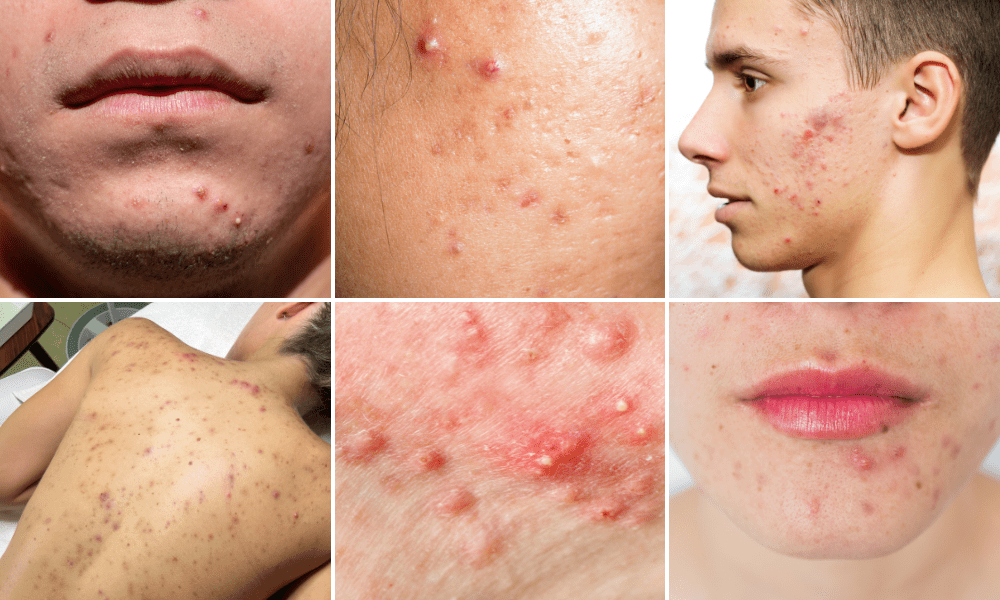
The symptoms of acne are clearly visible to the naked eye, presenting as inflamed, reddish pimples on the skin’s surface. There are three different severity levels of acne. Mild acne is characterized by a significant number of blackheads on the face and surrounding areas. In this case, there is little inflammation, and the symptoms generally resolve relatively quickly.
In moderate acne, several more severe, inflamed pimples appear on the skin, alongside blackheads. These symptoms often come with pain, as the larger “lumps” can be uncomfortable.
Severe acne presents numerous painful, inflamed “nodules” on the skin, often with pus-filled lesions. Pimples typically heal with scarring. In many cases, the entire face or skin area is covered with inflammation. Treating them can be very challenging.
Acne and Hormonal Balance
Hormones play a significant role in the development of acne, particularly during adolescence and throughout the menstrual cycle. An imbalance in hormonal levels, such as an increase in testosterone or androgen hormones, results in increased sebum production, which can clog pores and lead to the formation of acne. Hormonal acne often appears around the chin and jawline and typically recurs cyclically. To restore hormonal balance, it is essential to maintain a proper diet, manage stress, and apply hormonal therapies when necessary.
Acne and Skin Flora
The healthy microbiome of the skin, which consists of beneficial bacteria living on the skin, plays a key role in preventing and treating acne. When the balance of skin flora is disrupted—such as through the excessive use of cleansers or antibiotics—the bacteria that cause acne, like Propionibacterium acnes, can thrive more easily. Using natural, chemical-free cosmetics can help restore the balance of skin flora, thus contributing to reduced acne.
Treatment of Acne-Prone Skin
It is essential to treat problematic skin for several reasons. Firstly, inflamed lesions can cause permanent scars that may leave marks on the skin for a lifetime. Secondly, due to aesthetic concerns, the individual may experience significant psychological distress, potentially leading to a decline in quality of life and even depression if their condition does not improve.
Often, very strong cleansers and high-alcohol toners are recommended for acne-prone skin, which can damage sensitive, inflamed skin. Acidic and drying cosmetics may initially seem like a good solution, but they often lead to serious allergies or new skin problems.
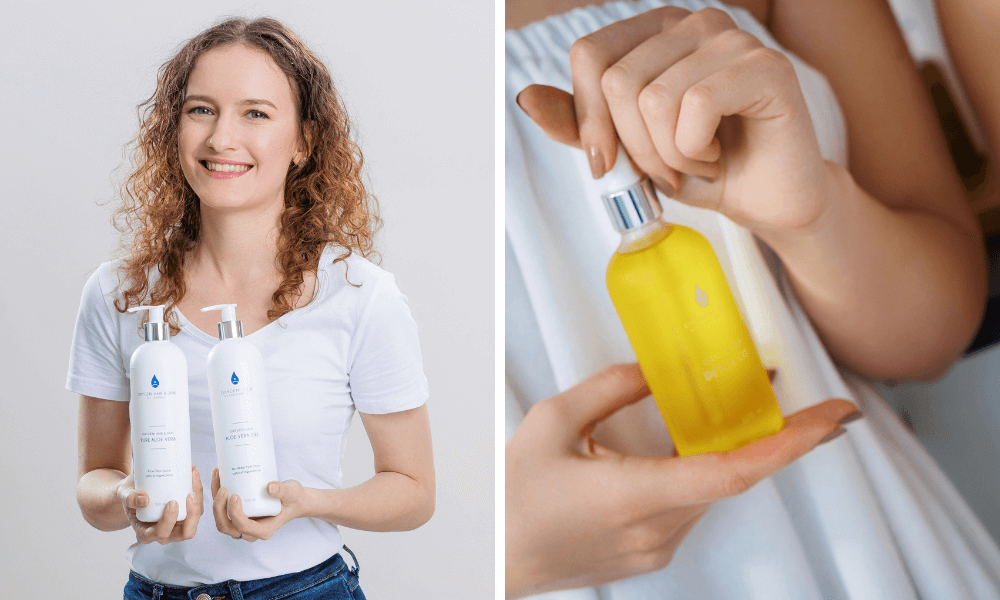
It is worth treating acne both internally and externally. For external treatment, it’s advisable to replace your skincare products with 100% natural and chemical-free products that naturally promote improvement. Oxygeni Skin products are a perfect solution, as they are fragrance-free, irritation-free, and do not clog pores. We should focus on continuous and thorough cleansing, hydrating without clogging the pores, and using disinfecting but non-drying products. It’s best to avoid medication and try to replenish our bodies with vitamins and antioxidants.
Products for Acne Treatment:
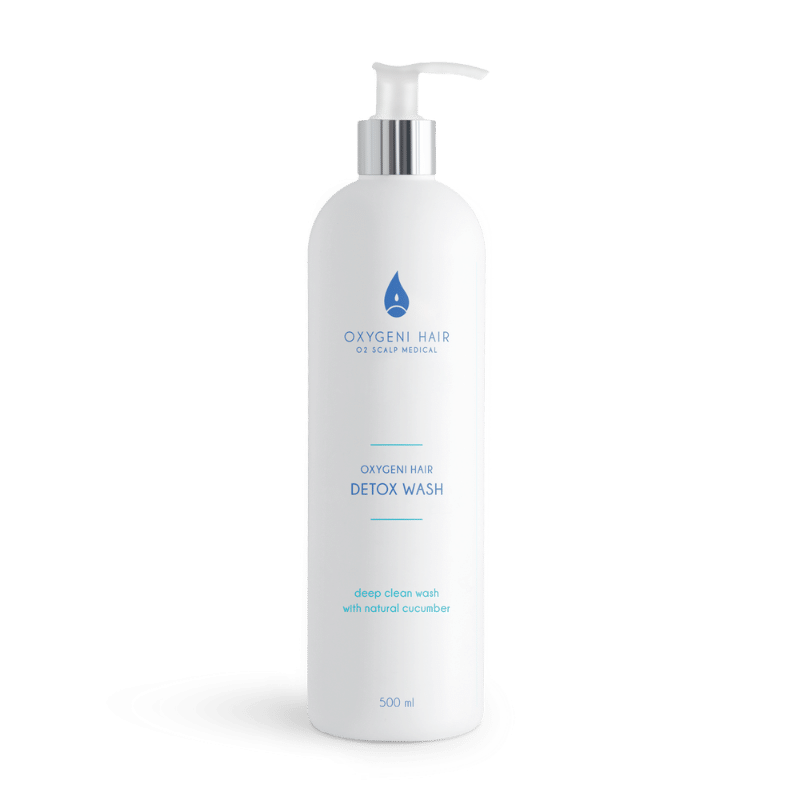
Detox Wash
The main active ingredient of Detox Wash is cucumber extract, which regulates sebum production, making it excellent for oily scalps. Additionally, it has strong cleansing, astringent, and anti-inflammatory properties. It is a product rich in vitamins, minerals, and trace elements.

Detox Oil
The main active ingredients of Detox Oil for detoxifying skin and hair include tea tree oil and rosemary oil, which contribute to detoxifying the scalp and skin and reducing inflammatory processes. It is rich in vitamins, minerals, and trace elements. The tea tree oil, which stimulates blood flow, has anti-inflammatory and antifungal properties. It is a perfect solution for treating infected, inflamed, or damaged epidermis.

Moisturizing Cream
Moisturizing Cream is a perfect solution for any SOS hair or skin problem, and is 100% chemical-free. With the power of witch hazel, shea butter, and floral waters, this multifunctional cream intensely hydrates without leaving a greasy residue on the skin and hair. It helps treat inflamed, sensitive, dehydrated skin problems. Due to its anti-inflammatory and extremely high antioxidant properties, it has cell-rejuvenating and free radical-neutralizing effects.
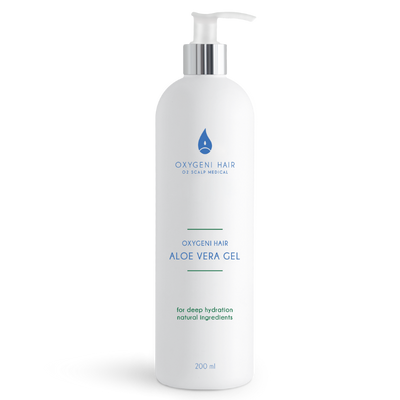
Aloe Vera Gel
Oxygeni Hair Aloe Vera Gel is produced by cold pressing aloe vera. Thanks to its germicidal and anti-inflammatory properties, it effectively targets problem areas. It is a versatile product recommended for dermatological and trichological purposes for the care of the scalp, hair, and entire body.
How to use the products?
- Cleanse your face or the skin area you wish to treat with 1-2 pumps of Wash product, then rinse thoroughly. Afterward, use a cotton pad to wipe your skin with the Toner.
- In the applicator, mix 5 ml of Aloe Vera Gel with 1 pipette of Vitamin Serum and 1-3 drops of oil. Shake the mixture well and apply it to your face or skin.
- When the Aloe Vera mixture is almost absorbed, apply the Moisturizing Cream to your skin and let it absorb.
Acne Treatment with Cosmetic Oxygen Therapy
Our cosmetologists can create a personalized treatment plan for you, ensuring that you incorporate the right products into your skincare routine. With the help of cosmetic oxygen therapy, we can achieve visible results. The treatment is 100% reliable and risk-free, relying entirely on natural active ingredients. By providing skin cells with adequate oxygen, vitamins, and minerals, they are rejuvenated, the skin is cleansed of impurities, and it regains its proper pH level thanks to its acid-neutralizing and alkalizing properties.
In addition to treatments and appropriate skincare products, it’s essential to follow a few important rules: do not touch the affected skin with dirty hands, avoid picking at blemishes, refrain from using alcohol-based and heavily perfumed cosmetics, and drink at least 3 liters of water daily. Engage in regular exercise, strive to live a less stressful life, and ensure you get enough sleep. If necessary, explore various relaxation methods, such as yoga and stress management exercises, and engage in activities during your free time that help you unwind. This can improve both your quality of life and the condition of your skin!
Oxygen Therapy Results:
Reduce Acne with Proper Nutrition!
It’s important to pay attention to healthy eating; eat plenty of vegetables and fruits, and avoid processed foods! Certain foods can negatively impact skin health. Here’s what to avoid!
- Dairy products
Consuming dairy products significantly raises blood sugar levels and contains several hormones that negatively affect a person’s hormonal balance. Try a dairy-free diet for a few weeks, consume plant-based dairy alternatives, and observe the condition of your skin!
- Sugary foods and drinks
It’s also important to eliminate all sugary foods and drinks, as well as desserts containing sugar from your diet: chocolate, cookies, cakes, various desserts, and even foods and drinks with added sugar.
- High glycemic index foods
High glycemic index foods are often linked to acne-prone skin; these include “white carbohydrates,” such as white flour and sugary foods: pastries, white bread, pizza, pasta, etc. Instead, consume slow-releasing carbohydrates: oats, quinoa, brown rice, potatoes, whole grain products.
- Very fatty and spicy foods
Very fatty and spicy foods are not recommended for anyone struggling with such skin problems. Consuming oily and fatty foods increases the production of sebum in the body, which can lead to more breakouts.

But What Should You Eat Then?
In general, a healthy diet can already help improve your skin condition: make sure to consume low glycemic index foods, avoid sugar and white flour. Eat plenty of vegetables and fruits, and if you have an intolerance to a specific food, avoid it. There are plenty of healthy substitute products, so by eliminating a particular food, you can still maintain a well-balanced diet.
Celebrities Who Openly Acknowledge Their Struggles with Acne
Lucy Hale was caught by the paparazzi while her acne was visible. When the photos were released, she reacted positively and shared them on Instagram, stating that yes, this is natural. Kendall Jenner has spoken multiple times about her struggles with acne. She has fought hard to confidently embrace her skin imperfections, and today she openly accepts her breakouts and any potential skin issues with maximum self-confidence.
Bella Thorne has frequently shared filter-free photos on her social media platforms, where her acne is clearly visible. In the past, she was bothered and made insecure by having imperfect skin, but she now openly embraces it. Hilary Duff has also acknowledged her acne in front of the public, sharing her filter-free pictures on her social media.
Dua Lipa has also shared photos on her Instagram profile where she openly embraces her skin imperfections. Harry Styles struggled with acne a few years ago but never hid his issue. Many photos were taken of him during that time as well.
OXYGEN THERAPY AND OXYGENI HAIR PRODUCT REVIEWS
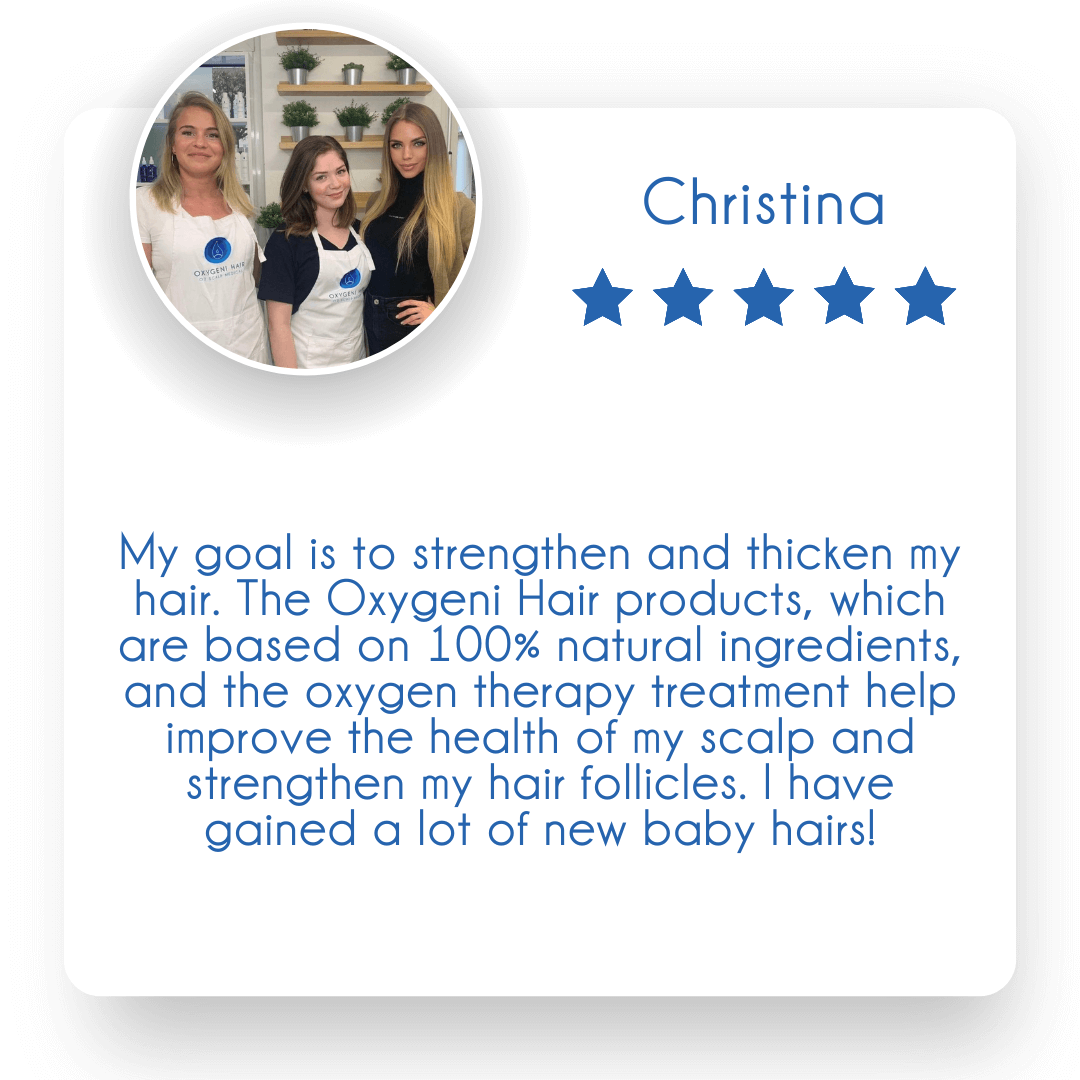

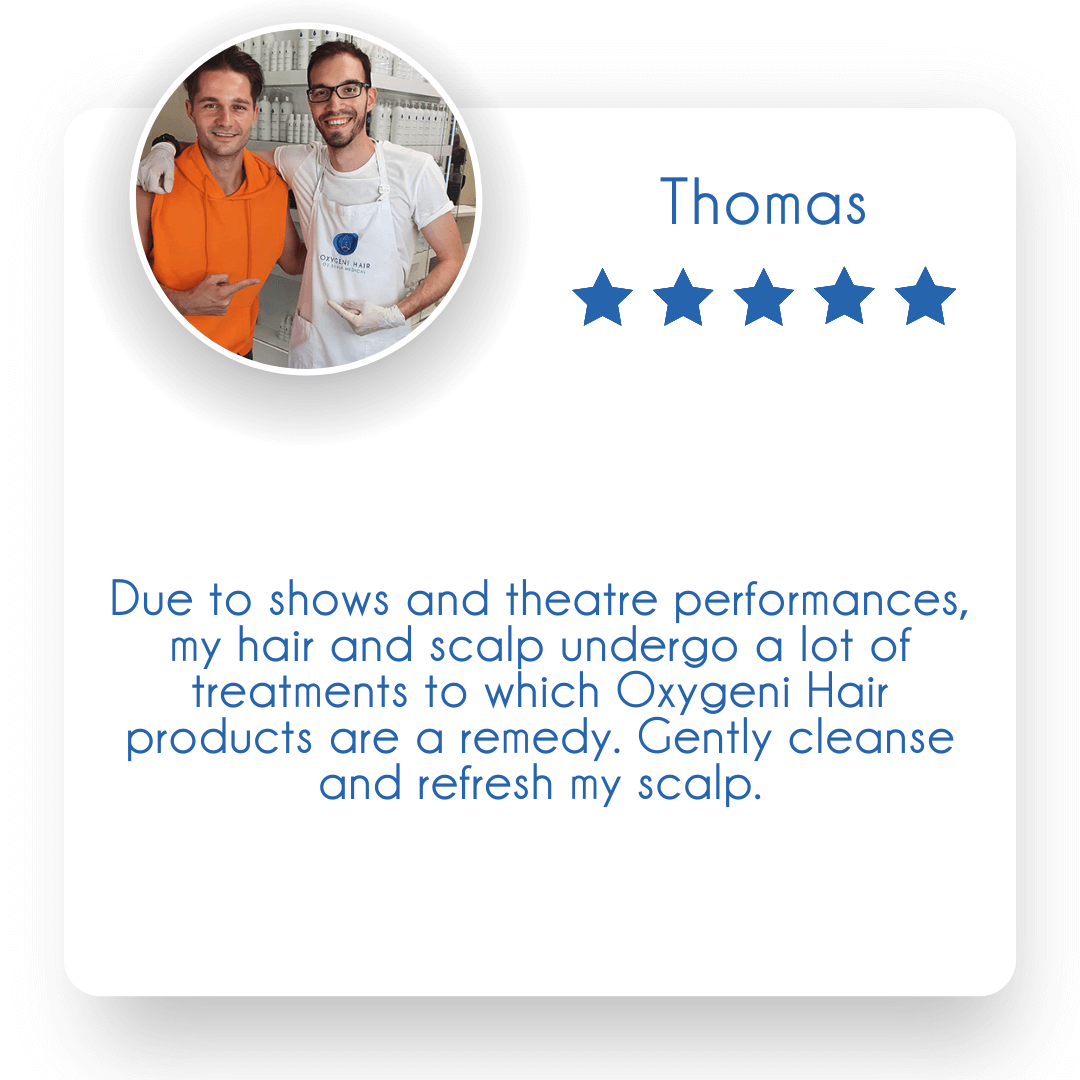
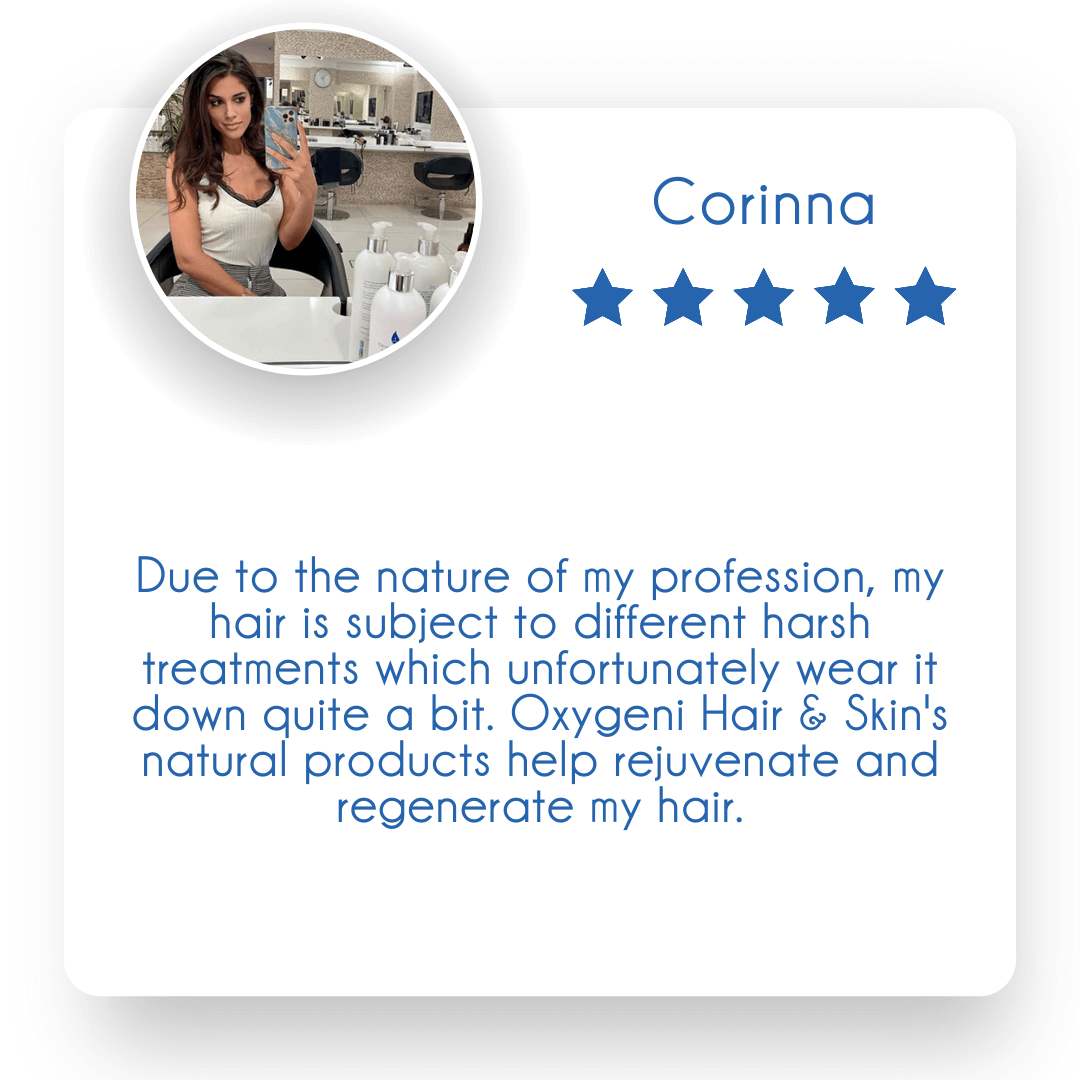
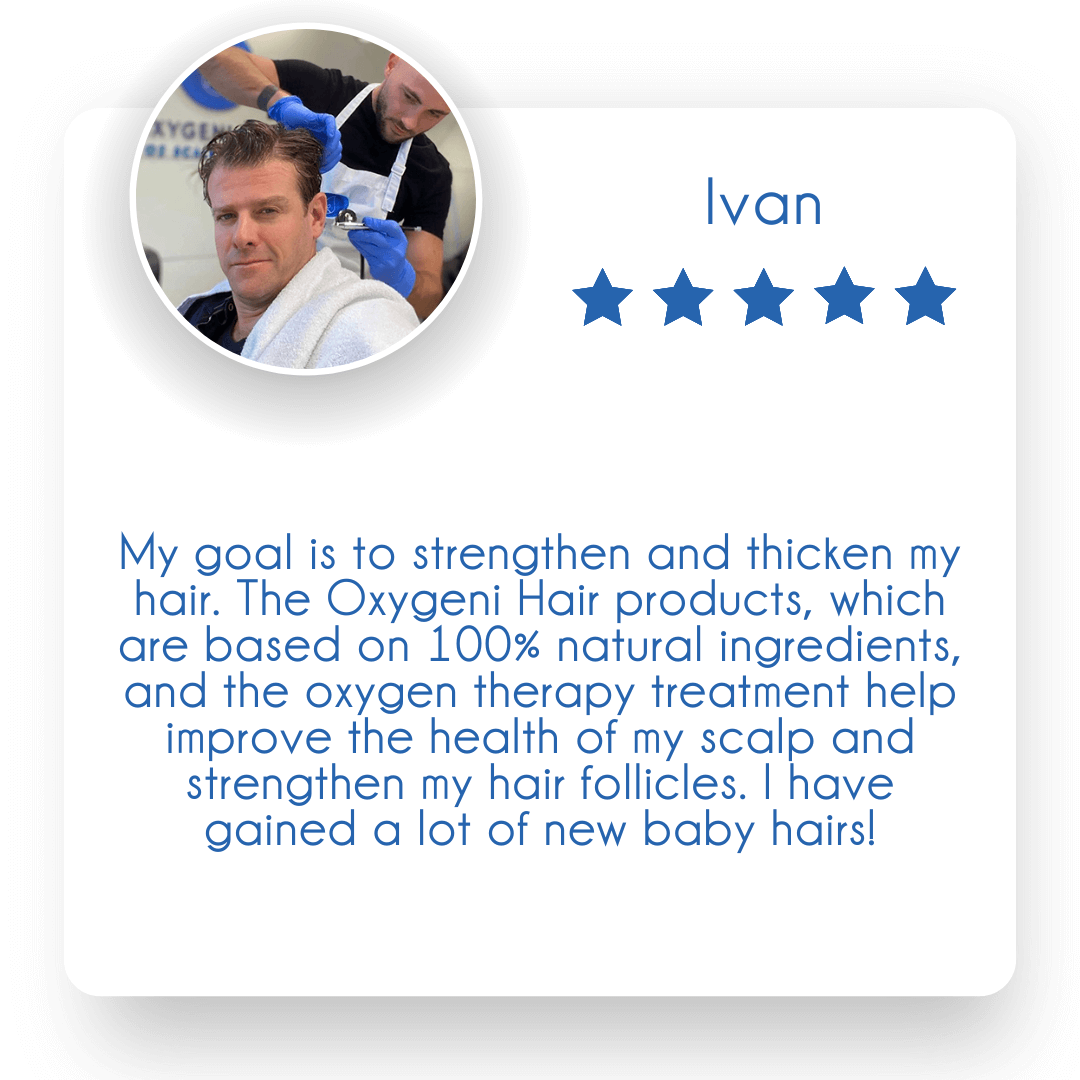
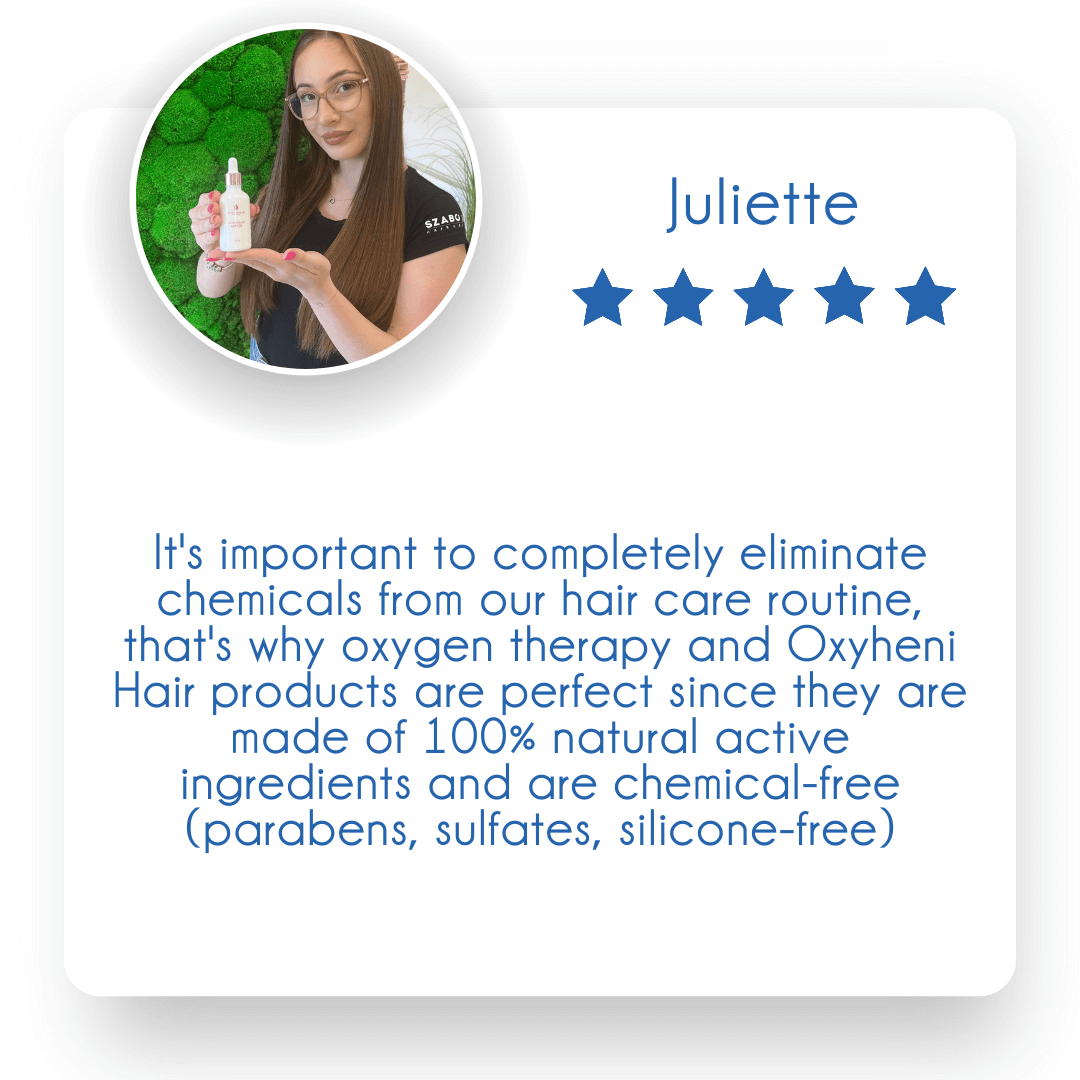
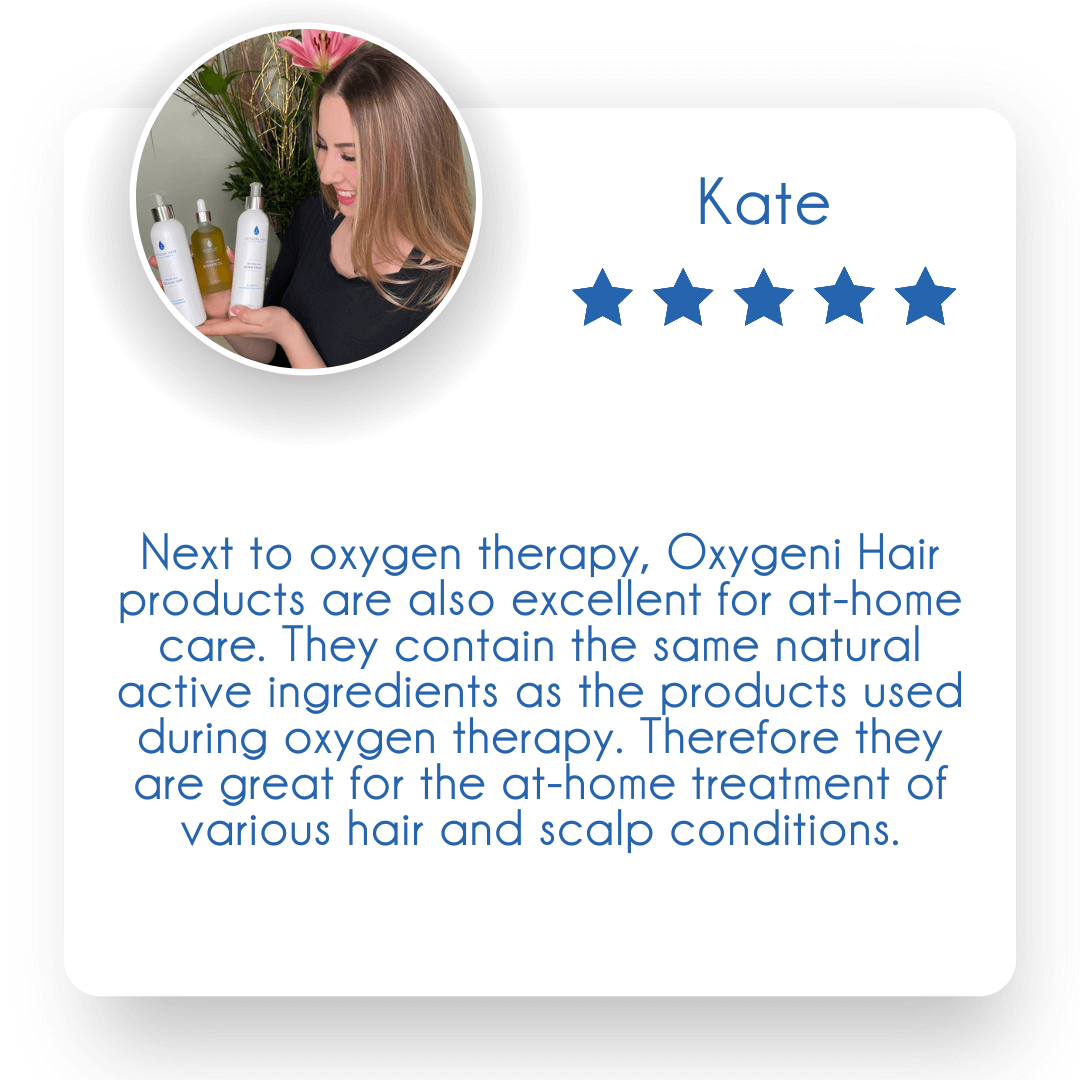
Follow us on our social media platforms!
